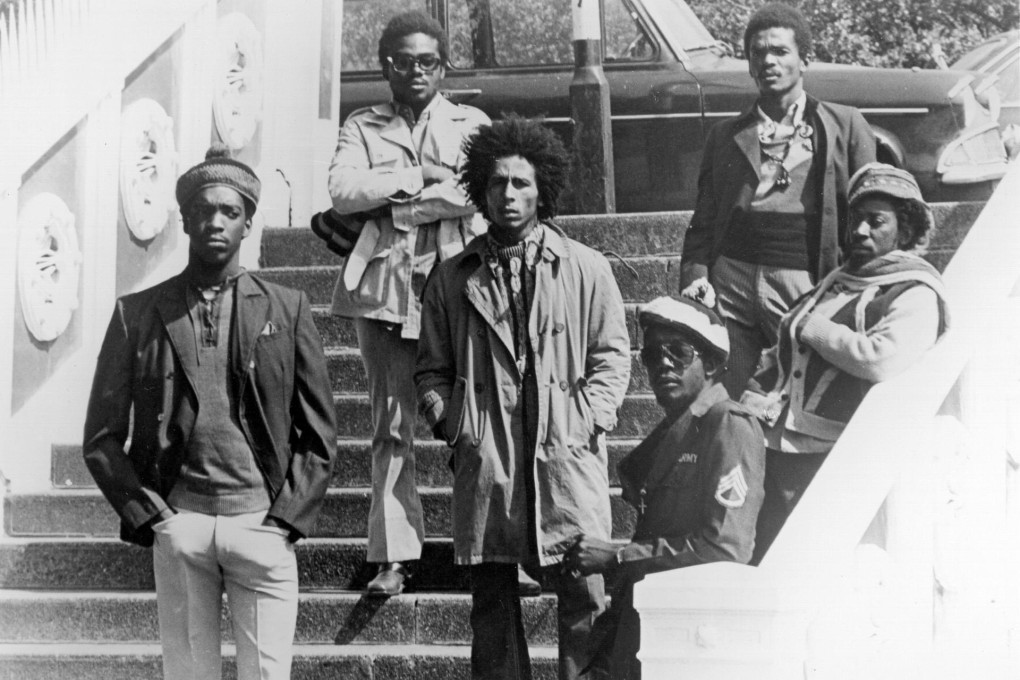Rewind album: Uprising by Bob Marley and The Wailers (1980)
In Bob Dylan's 2004 memoir, Chronicles: Volume One, the American musician wrote about his frustration at being labelled a saviour, a leader and a prophet.

Uprising
Bob Marley and The Wailers
Tuff Gong/Island

Dylan had been worshipped since the early 1960s, and the dizzying effects of fame, coupled with a collective compulsion to view him as the de facto leader of various causes, eventually took its toll. Dylan distanced himself from his fans, retreated from the limelight and entered a religious phase.
Bob Marley, who died in 1981 aged 36, was seen in a similar light and posthumously became the poster boy for peace as well as protest. He was handsome, intelligent, committed, passionate, and a gifted guitarist and singer-songwriter. With his Rastafarian beliefs (which he had adopted in favour of his traditional Catholic upbringing), he too was considered a modern-day prophet by the masses. But it was on his final album, recorded a year before his death, that the religious themes were at their most explicit.
Did the titular uprising concern people or spirits? Born in Jamaica in 1945 to Cedella Booker and Norval Marley, the teenaged Marley moved to Trenchtown, Kingston, to live with Neville Livingstone, who would later become Bunny Wailer.
Their mutual love for the American R&B they heard on the radio and the indigenous sounds of ska encouraged Marley and Livingstone to pick up their own instruments, and when he was 16 Marley released a song, Judge Not. A few years later, and now with Peter Tosh on board, the three became known as The Wailers.